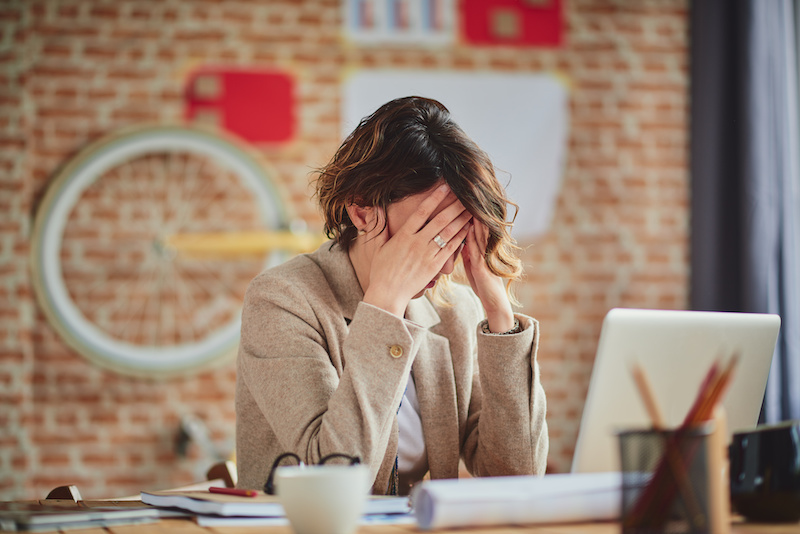What is the treatment of anxiety including non pharmacological?

What are anxiety disorders?
Anxiety disorders can take a toll on a person’s ability to participate in their life, including working, studying, or socializing. Having anxiety is a normal part of life, but one needs to know when they are experiencing excessive fear or persistent worry about everyday experiences.
There are numerous disorders of anxiety and treatment is different for every person, but there are similar approaches. When experiencing an anxiety disorder someone can try non pharmacological methods to improve their symptoms and they can be seen by a professional to be started on medications and therapy.
Non pharmacological methods
Non pharmacological methods for treatment of anxiety aim to reduce the frequency or severity of physical and mental symptoms. It is important for the patient to understand what type of anxiety disorder they have so they can learn to better approach their problems. One technique to improve anxiety is mindfulness. Mindfulness can help to center yourself and bring attention to the present moment and away from cyclic anxiety provoking thoughts.
Mindfulness can be approached through guided meditation resources found online or in person. In addition, breathing tools such as the “4-7-8” technique can help to calm down the mind and the nervous system. Another approach is to adjust the diet by minimizing caffeine and increasing magnesium, vitamin B, and calcium. Regular exercise can promote relaxation while helping the body lower cortisol. Physical activity like going for a walk 3 to 4 times a week can improve symptoms of anxiety.

Psychotherapy and counseling are also an important approach to treatment of anxiety disorders. Cognitive behavioral therapy (CBT) is the most effective form of therapy used for anxiety disorders. CBT aims to teach skills that can be used to improve symptoms of anxiety over time. Exposure therapy can also be used to target specific situations or objects that cause fear and anxiety.
Pharmacological agents can be used in combination with techniques mentioned above to improve anxiety. Some examples of medications used to treat anxiety disorders include:
● SSRIs: sertraline, paroxetine
● SNRIs: venlafaxine, duloxetine
● Benzodiazepines: diazepam, lorazepam
● Pregabalin
You should see your healthcare provider regularly especially in the first 3 months after starting a medication to discuss what type of medication is best for you, side effects, adjust doses, or to switch classes of medication.
Summary:
- Anxiety disorders impact daily life, work, study, and social activities.
- Mindfulness techniques, including guided meditation, help center and focus on the present moment.
- Breathing tools like the “4-7-8” technique aid in calming the mind and nervous system.
- Dietary adjustments, reducing caffeine, and increasing magnesium, vitamin B, and calcium.
- Regular exercise, such as walking, promotes relaxation and lowers cortisol.
- Medication should be regularly reviewed with a healthcare provider in the initial months for adjustments, side effects, or changes.
Take the first step towards achieving your anxiety free goals by scheduling an appointment with our medical provider through Umedoc today.

This article reviewed by Dr. Jim Liu, MD and Ms. Deb Dooley, APRN.
There’s nothing more important than our good health – that’s our principal capital asset.
#medical #telehealth #umedoc






